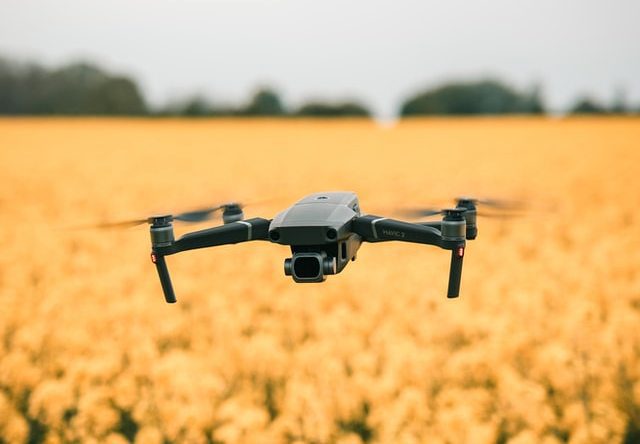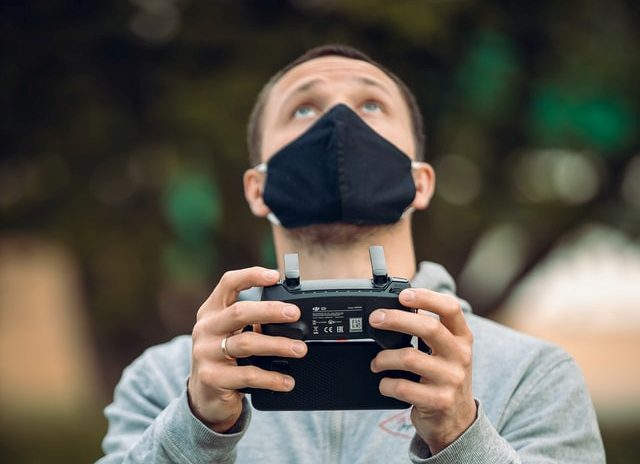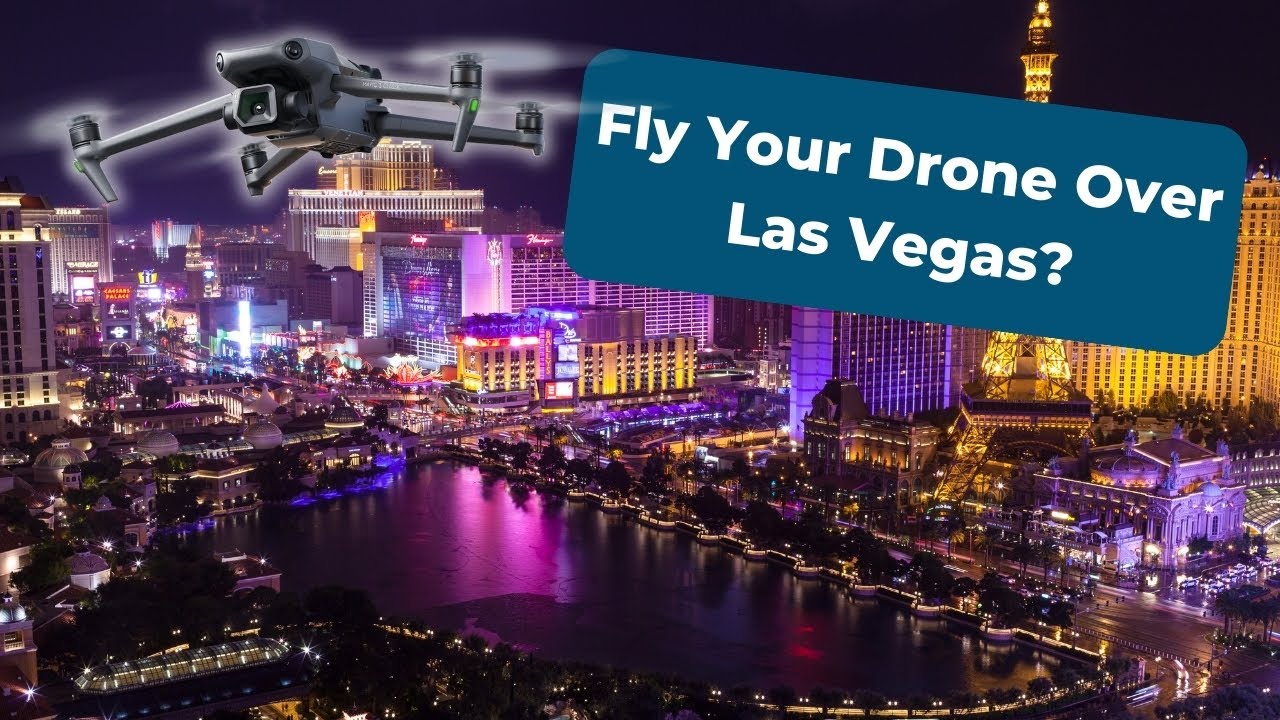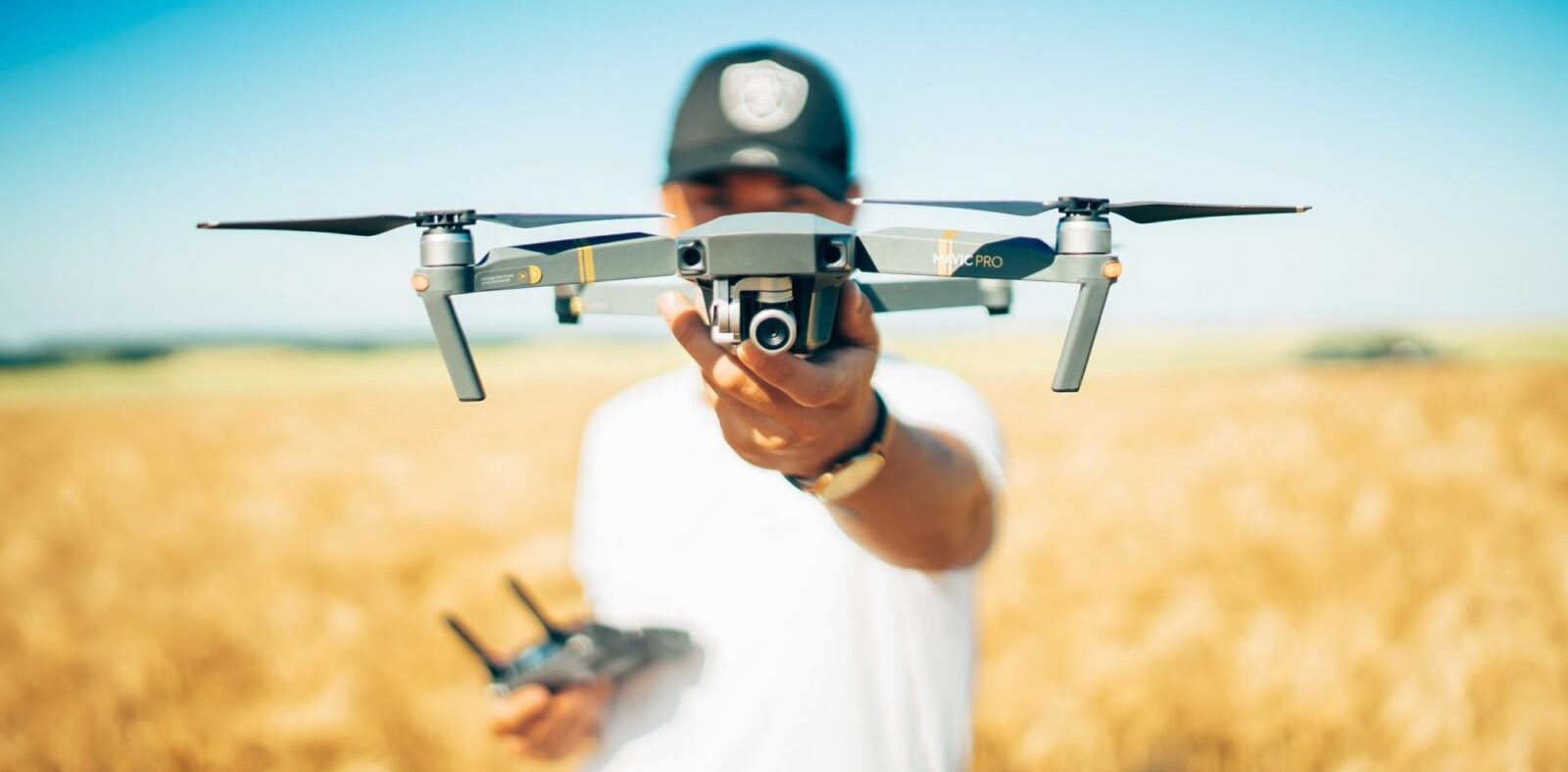
Are Drones a Threat to Your Privacy? Understanding Drones and Privacy Laws: Over the past few years, drones have made significant advancements. They started as science fiction products, and not long after, they became widely available for purchase. There are even toy drones available for sale, allowing your children to play with them. However, these” toys” can be troubling. And it is not only that they are loud. Usually, UAVs are also equipped with cameras. Now, if anyone can buy a drone, how could you be sure that no one is using one to watch you from a distance? It is a genuine issue, and we would like to discuss it. Today, we are examining drones and privacy laws.
The purpose of drones
Before exploring people’s experiences and drone regulations, let’s first understand what drones are and their various applications. Right from the start, you might be surprised that drones are used not only for professional filmography but also for fun. There is a whole range of industries in which they have found their place. Here are just some of them:
- Construction
- Real estate
- Insurance
- Agriculture
- Delivery services
- Filmmaking
- Military
We have already written about drone service as a game-changer in real estate marketing. So, you may have heard about it. However, drones also help bring food to our table. Additionally, they are saving lives, quite literally. For some time now, UAVs have been delivering supplies to hospitals worldwide. It is hard to see that as a downside.
On the other hand, aside from all that important stuff, the drone is a fun piece of technology to play with. There is no surprise, as many people have and fly them. And there is nothing wrong with that. However, you should follow the rules if you do so.

Drones and privacy laws
Imagine this scenario: you are hanging out by the pool in your backyard, and a drone flies over your house. How do you think you would feel? Most people base their answers on who is flying the drone and for what purpose. But none of them are stoked about the idea. And things like this are already happening.
Some people catch UAVs with nets or shoot them down from the sky. It may seem like a reasonable thing to do, but if you do, you will likely end up in trouble. A drone is considered an aircraft by the Federal Aviation Administration (FAA). Damaging, destroying, disabling, or wrecking an aircraft is a federal crime. So, no matter how annoyed you may be, do not do that. It is a much better idea to call local law enforcement, as they will know how to handle the situation. Drone Rules and Regulations.
What if I want to fly a drone in a residential area?
No law or regulation prohibits flying a drone in a residential area. If you are flying for fun, respecting all the rules, and not flying in a restricted government area, you are free to do it. However, the story of drones and privacy laws goes a lot deeper. As you can see from what we talked about earlier, that might not be what you want to do.
In our current time, people often become easily frustrated. Who knows what they might do if they think you are spying on them? Even your first neighbor with whom you are in excellent relations could do something they would not otherwise do if they knew the drone was yours. Although they are easy to obtain, quality drones are not inexpensive. Therefore, losing one for nothing is not a good deal for anyone.
As it turns out, the best thing to do if you are a drone enthusiast is to move to a more rural area. Here, you can fly your drone as much as you want, and you will not scare any of your neighbors. Ensure that you don’t rush the relocation and avoid overstepping your budget. No matter how much you love flying your UAV, you should not let it compromise your move.

We have only discussed personal drones up to this point. So, what can we expect from commercially used UAVs?
These rules are essentially unchanged from their current state. You need a special FAA certificate to fly commercially, and there are additional guidelines. However, there is little discussion about privacy in government circles.
UAVs are still a relatively new technology, but they have quickly gained mainstream adoption. So, one might think big companies are already flying their cargo everywhere. Although the future of cargo drones looks promising, this is not yet the case.
There is no proper infrastructure, so maintaining drone transport on a large scale is not profitable. When the time comes, regulations will be in place, and you will no longer have to worry about commercial drone trespassing.
What can you do if you feel that your privacy is compromised?
We explained that there are no rules against flying drones in residential areas. However, that does not mean that someone can fly a camera into your backyard and take no action about it. Trespassing, invasion of privacy, and private nuisances are not legal. So, here is how you can stand up for yourself.
- Talk to the drone owner. If you know who the person the drone belongs to, try talking to them. If it is your neighbor, they will probably respect your request for privacy.
- Log the disturbances. It’s a good idea to take pictures of the drone and record its actions and the time they occurred.
- Contact the police. If talking to the owner did not help, or you do not know who the drone owner is, take all your evidence and contact the local authorities.
- File a lawsuit. If the problems persist even after you have called the police, filing a lawsuit is your last resort.
Conclusion
We have a clear case of new technology outpacing existing policies. Hence, how we use it will determine how laws are shaped. If you plan to fly your drone around your neighborhood, learn how to operate it safely in urban areas. Respect the regulations and be kind if anyone complains.
We can expect to hear more about drones and privacy in the future. But until then, we must work with what we have. UAVs are helping humanity in many ways, so do not jump to conclusions if you see one flying overhead. Be sure you know what you are looking at before taking any measures. How a Drone Can Help You Sell Your House





Comments are closed.